The crisis in the real estate and financial markets continues to cause difficulties for China and has a negative impact on the world .
Real estate crisis spreads to finance
China’s financial markets are experiencing a new crisis as the giant asset management company Zhongzhi Enterprise Group filed for bankruptcy on January 5, unable to repay its debts. This news has caused more anxiety among investors and consumers in China.
A court in Beijing said on January 5 that it had reviewed and ruled to accept Zhongzhi’s bankruptcy application. Zhongzhi had previously declared bankruptcy with debts estimated at nearly $66 billion.
Earlier, on November 27, Beijing police launched a criminal investigation into several Zhongzhi executives. The group manages assets of more than $140 billion and has invested in many real estate developers. The real estate crisis in China has sunk this business.
According to Bloomberg , Chinese investors could lose tens of billions of dollars because of Zhongzhi, after information about the severe insolvency and tens of billions of dollars shortfall in Zhongzhi's balance sheet was released.
According to Bloomberg, a large amount of money from wealthy Chinese investors poured into Zhongzhi through high-interest products, but they may only get back a small portion. Zhongzhi is currently in a state of exhausted liquidity. The amount recovered from the liquidation of the group's assets is expected to be low.
Zhongzhi is known as a shadow bank in China, mobilizing capital from households to lend or invest in real estate, stocks, bonds and commodities.
Despite the Chinese real estate market's recent downturn, Zhongzhi and its affiliates have poured large sums of money into real estate developers and acquired assets from companies, including China Evergrande, a Chinese real estate conglomerate that has since gone bankrupt.
The Zhongzhi shock is a sign that China's long-running real estate crisis may be spreading to the country's financial system, acting as a "Chinese Lehman Brothers."
Earlier, in mid-October, Chinese real estate developer Country Garden failed to make a US dollar bond interest payment after a 30-day grace period ended on October 17. Country Garden is officially considered in default on international markets. This event further shows that the real estate debt crisis is spreading, shaking the world's second-largest economy .
Previously, investors witnessed Evergrande's debt default in 2021. Country Garden's influence is even stronger than Evergrande's because the number of projects is many times larger.
Meanwhile, the debt bomb Evergrande is still on the brink of collapse. The CEO and CFO of this group were recently arrested and the one-time Chinese real estate giant continues to announce that it cannot pay its maturing bonds. Evergrande is considered the world's largest debt-ridden real estate company.
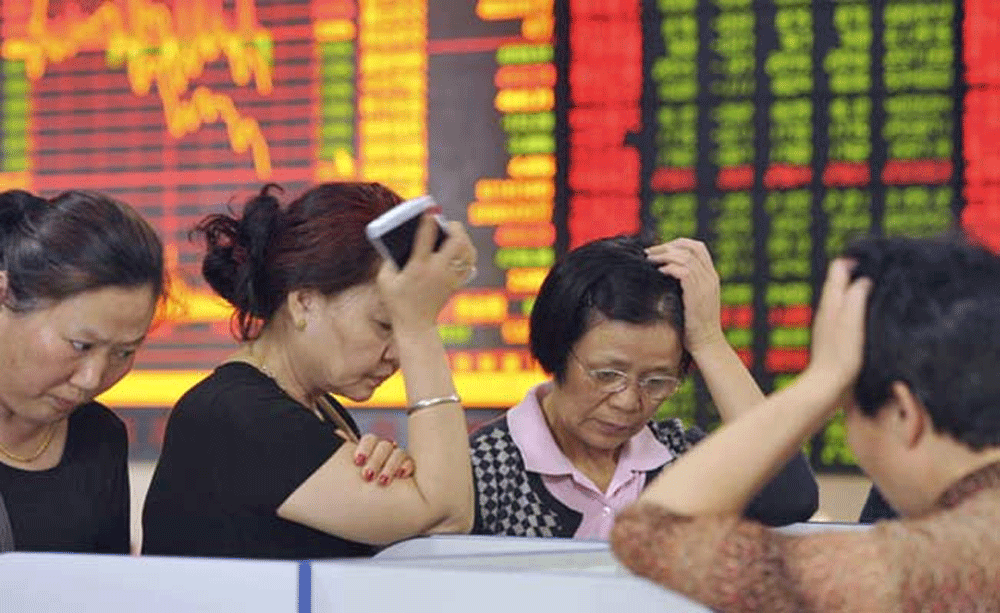
In the latest move, Beijing has signaled a policy reversal with a plan to aggressively rescue the real estate market. According to Reuters , China has included Country Garden on a draft list of 50 real estate developers eligible for financial support. Other struggling developers, such as Sino-Ocean Group and CIFI Holdings, are also on the draft “white list”.
Respond decisively
According to the draft, the Chinese government will focus on supporting cash flow for real estate developers, specifically considering providing short-term loans without collateral, working capital financing, etc.
China’s response to the spreading property crisis is seen as drastic. Banks are being asked to meet capital needs of up to hundreds of billions of dollars to stabilize the real estate sector and ensure the completion of unfinished projects.
However, China is still facing signs of slowing growth. According to the Financial Times , the Chinese economy's decades-long meteoric rise is unlikely to continue.
The country's growth drivers, including investment in infrastructure and urban areas across the country, are increasingly challenged.
The country has passed the period of building tens of thousands of kilometers of highways, hundreds of airports and the world's largest high-speed rail network... China's real estate market is in a state of surplus, with hundreds of millions of apartments left empty. The efficiency of capital investment in China is getting lower and lower.
On FT, Rockefeller International President Ruchir Sharma said that the proportion of the Chinese economy in global GDP will gradually decrease from 2022 due to strict blockade measures when implementing the "zero Covid" policy.
This proportion will continue to decrease in 2023, expected to 17% (from 18.4% in 2021) as the real estate crisis prevents economic recovery.
This could continue in 2024, when the World Bank (WB) forecasts China's economic growth to fall to 4.4%, compared to the previous 4.8%.
China’s real estate market is considered very difficult to grow strongly again in the context of weak demand. Those who have the finances and/or the ability to borrow have taken out loans to buy houses. Meanwhile, China’s population is aging rapidly. Young Chinese people have a different mindset than the previous generation, willing to rent a house instead of borrowing money to buy a house and spend their lives paying off the debt.
According to Capital Economics, with the recent economic growth decline, it will be very difficult for China to surpass the US to become the world's largest economy in the next decade.
China's economic growth slowdown will be offset by the US and other emerging countries" such as India, Indonesia, Mexico, Brazil,...
That, however, is a story for the future. In the immediate future, the real estate and financial crisis is slowing down China's economic growth - a notable point of the world economy in 2024.
The story of Zhongzhi Enterprise is considered a warning bell for the Chinese banking and financial market. The decline in growth of the economy of 1.4 billion people will have a significant impact on the world economy.

Source





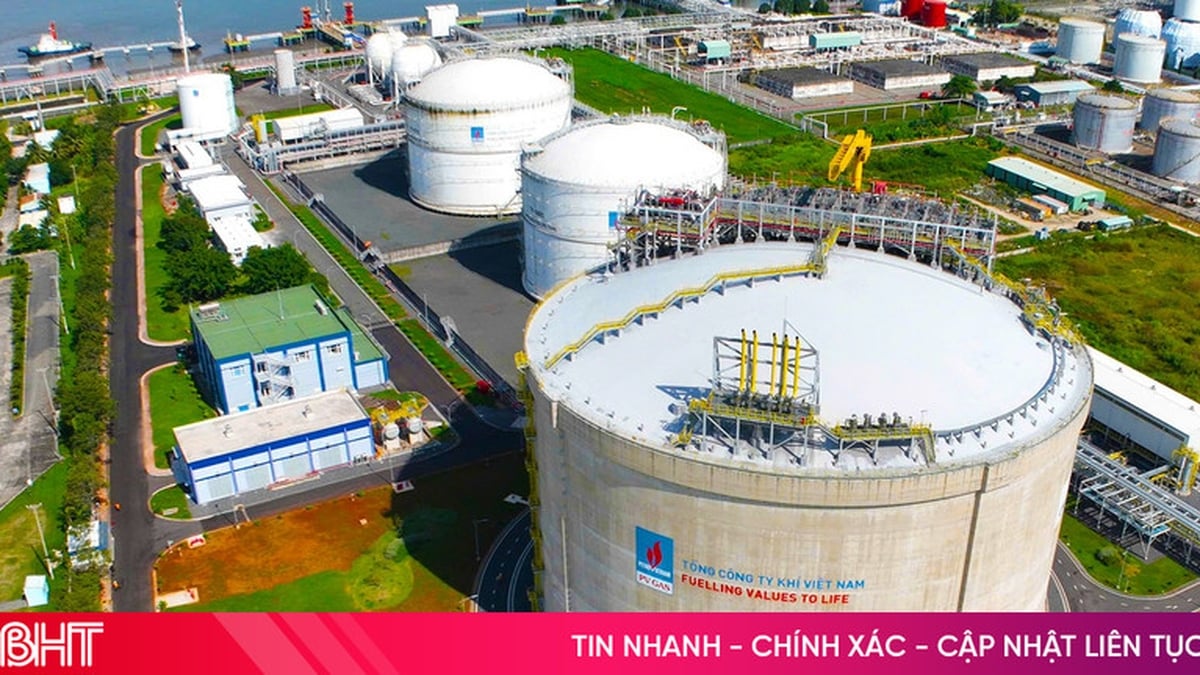



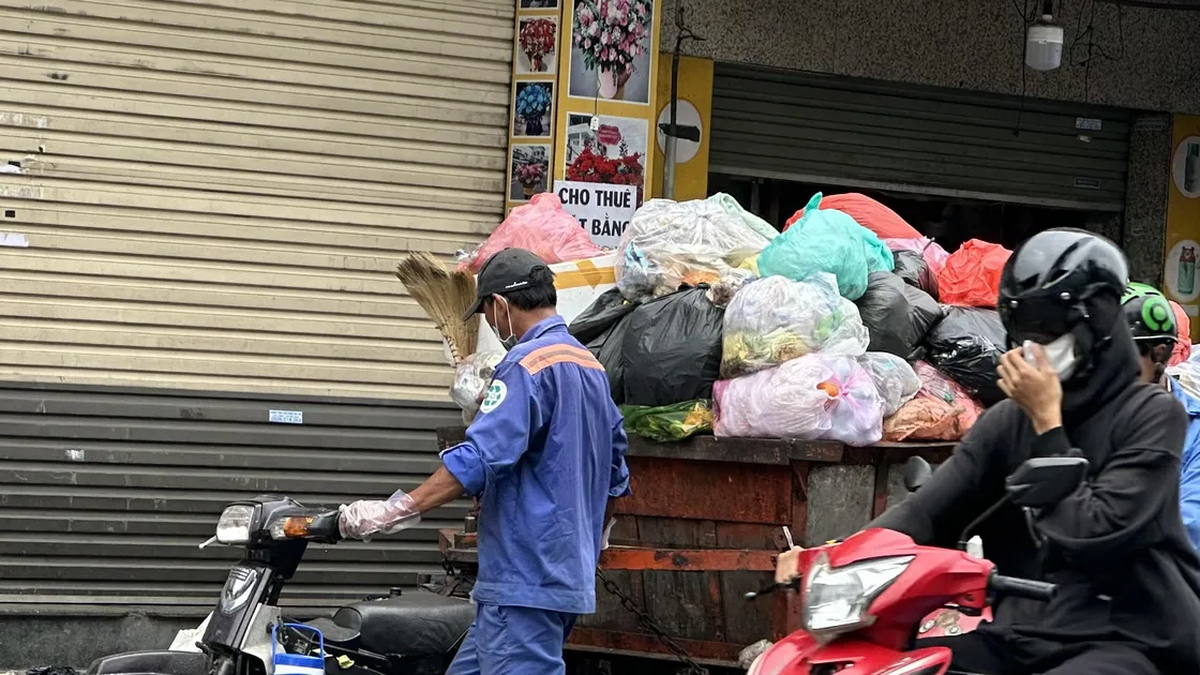





















































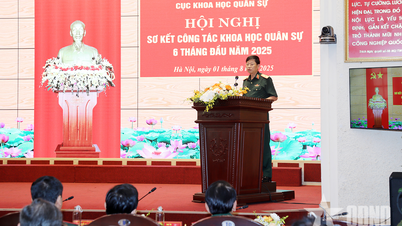













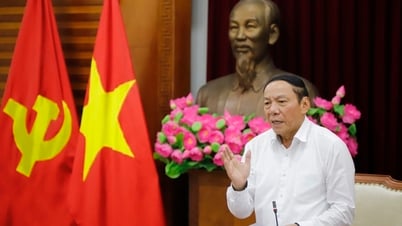
























Comment (0)